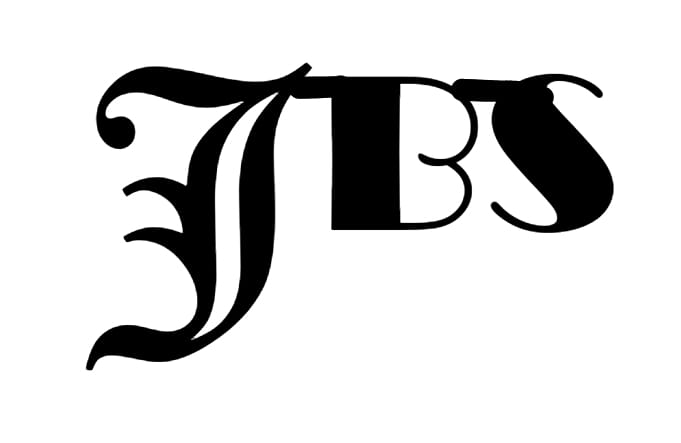The authors of articles and reviews in the very act of sending contributions will by default be assumed to be in agreement with our Terms and Conditions. Therefore, before sending any contributions, the authors should carefully read the Submission Guidelines and Terms and Conditions and should only send their contributions if they are in full agreement with the same.
Submission Process
We accept only electronic submissions. The authors are requested to preserve one copy of soft file of their article/book review and send the same file as attachment in an email to editjbs@gmail.com, shoptodina@gmail.com, and editorbengalistudies@gmail.com. The authors are also requested to send a brief bio-note containing their name, designation, and notable works etc, preferably as a separate attachment to their email. If they insert the same within the article, we shall remove that part before sending it to peer review. File Types For all contributions, texts must be in RTF/MS-Word/Open Office format only; Jpeg format is to be used for accompanying images, if any (note: before submission, authors should get the permission from the concerned person or authority for reproducing copyrighted materials, including visual images. We will not remain responsible for any kind of copyright violation on the part of the authors).
Authors are requested not to use any footnotes; and the endnotes should be given manually at the end of the article, without using the endnote function of writing softwares. It will help us in structuring/formatting the article for the purpose of publication.
Format of the Articles
We want authors to follow any of the three styles for scholarly citation and reference: the MLA style (including Harvard referencing), the APA style and the Chicago Manual of Styles while preparing the articles. For quick references, check out http://en.wikipedia.org/wiki/Citation.
Maximum word length is 10000 words, all inclusive (inluding abstracts, notes and references). There is no minimum word length, the author has her discretion about it.
Authors are requested to include the following in the format of their articles:Full Title with subtitle, if any. An abstract of the article (not more than 150 words). The main body of the text should be prepared in such a way that no re-arrangement is needed afterwards. Heading, sub-headings, references and notes, illustrations etc. should be well arranged within the article.
All portions of the articles should be double line-spaced.
Reviews Word-limit: 2000 words Format: same as the articles
Editorial Help
The editorial board is ready to help the authors in preparing their articles, just in case they require any assistance. For this, the author needs to specify this in advance. Our editorial staff will be happy to contact the author and will try to help her out.
Language
Journal of Bengali Studies is published in the English language. We accept both UK and US spellings. The language should be methodical, and objective and should not have any biased or racist colour.
Selection and Publication Process
The submitted articles will be first read by the editorial board keeping in view the standard and the scope of our journal. If any submitted article fails to fulfil our criteria, the same will be rejected and the author will be communicated the decision promptly. The editorial board may also advise the authors to revise the article. The ediorial board may also edit and bring necessary changes (if any) to the article/review prior to publication.
Peer Review
After going through a submitted article/review, if the editorial board is satisfied about its quality, it will select two or more academics as reviewers for of the article/review. The process followed is that of a double-blind peer review.
Receipt of works is acknowledged within five working days.
In case of no reply, the contributor should resend the mail, and/or contact us.
Plagiarism Checker
Our journal’s editorial board submits all contributions to a rigorous scrutiny of plagiarism checking softwares in order to minimise possibilities of any academic malpractice.
